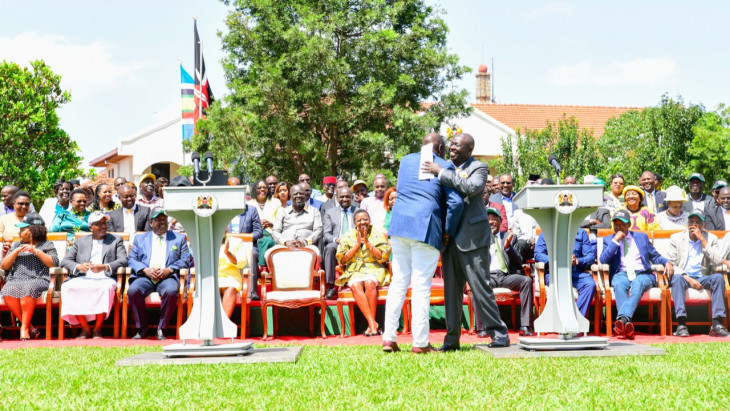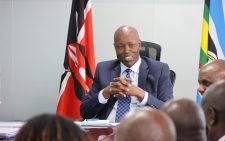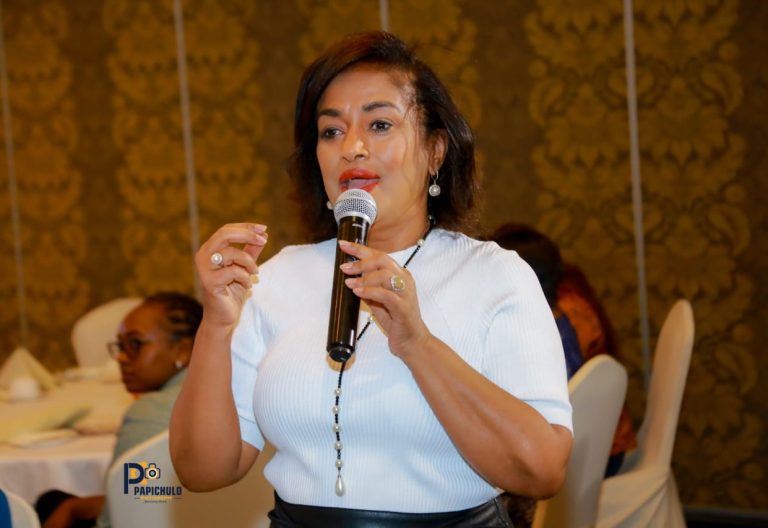Mt Kenya needs to look beyond running-mate slot

The trouble with the Mt Kenya is not who becomes the running-mate, but the political formation that will win the elections and address their economic and social insecurities.
Politics is about the allocation and distribution of resources and when you lose the political power and sphere of influence, then your security is hinged on a robust system that attends to your economic issues.
You see, the mobilisation along tribal lines has been fairly easy for politicians because, the citizenry is so economically insecure that they think their economic plight can only be addressed when one of their own is in power. This perception is still rife even with devolution and majorly because of inequitable distribution of resources.
The silent undertones of infighting in Kenya Kwanza the whole of Saturday, when the presidential candidate was supposed to unveil his running mate are simply because of the hustle and jostling for political positions by leaders who still imagine that political positions can address social economic insecurities.
Kenya is moving steadily past this misconceived belief. And by the way, a process that Kenya Kwanza had professed to be the easiest has turn out to be not only difficult but certainly a storm in the coalition. Even with the unveiling of the combative Mathira MP as Kenya Kwanza running mate, we are still in for some interesting political powerplay.
Why, because there is still this perception that positions will secure interest and for a political side that always bashed the Building Bridges Initiative (BBI) for creating positions, it is now dawning on Kenyans that the whole charade was a deceptive campaign strategy whose object was to win the masses with catch phrase and false hope.
Today, Mt Kenya is sure of having a running mate in the two coalitions and we know that one will form the next government. The choice therefore is to go with a loose coalition of political parties that shot down a political power structure that guaranteed equitable distribution of political power and the attendant resources to the tune of Sh54 billion or reject this coalition al together.
By rejecting Kenya Kwanza, the Mountain will have the option of a coalition political party that still has what it takes and a solid structure that will guarantee that political and economic disparities in this country are addressed through a power structure that will institutionalise equity in resource allocation and distribution and most importantly, address economic insecurities and free Kenyans from this belief that one of their own has to be in power.
Mt Kenya needs to rise to the reality that this election is not just about who gives them the running mate slot, but a government that will secure the economic well being of the citizenry. Political power is expedient, but socio-economic power is enduring and liberating.
If today the choice of a running mate is causing rancour and turmoil in a political coalition, with threats from both the political class and mutiny and violence among the people in central, then we need to appreciate the foresight that the architect of BBI had.
Mt Kenya has never had instances of political violence because they have always had an undisputed leader who has had their interest. They have been a political force as a united block. But this is gone and the need for addressing contestations at the top political power is a big issue.
Mt Kenya people will be shooting themselves in the foot if they do not go with a coalition that promises more than just the running mate slot. They will let their own interest down if they run away from the framework that guarantees structures rather than positions.
They have to leverage on what they were deceived to reject and demand for guarantees that once they elect Azimio, the Ksh 54 billion will be guaranteed. They must rise and say that it is not about political positions, but how those positions secure their economic and social prosperity. Not just today, but for the future generations to come.
—The writer is a PhD candidate in Political Communication and Media Studies—hesbonhansen@gmail.com











